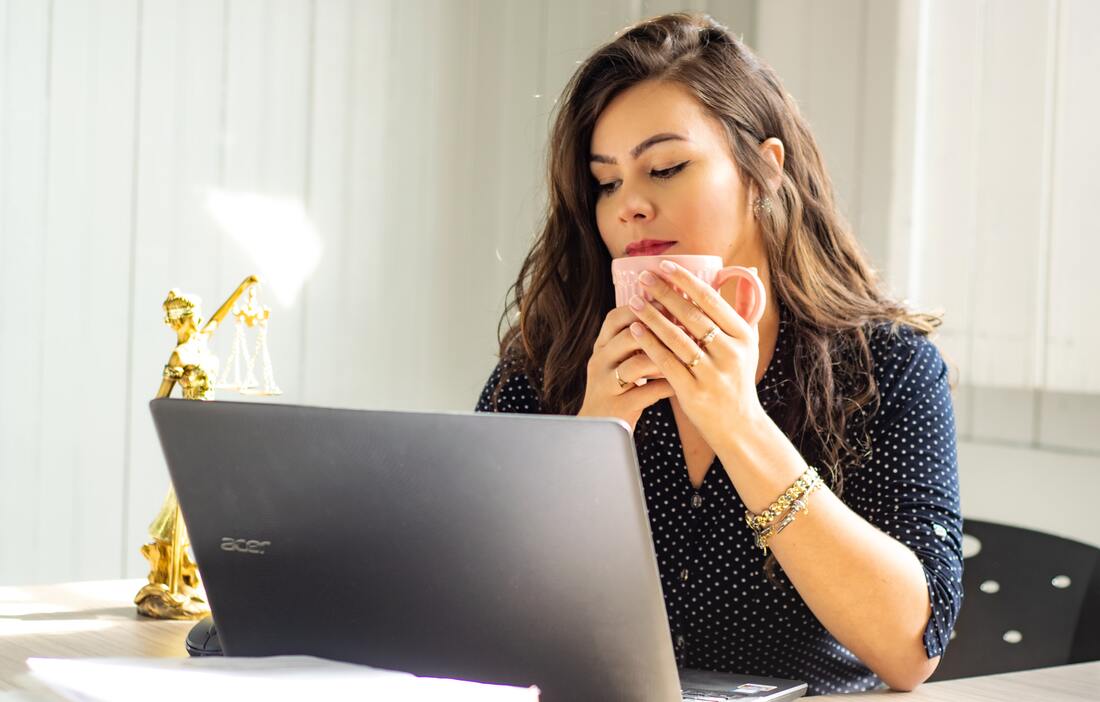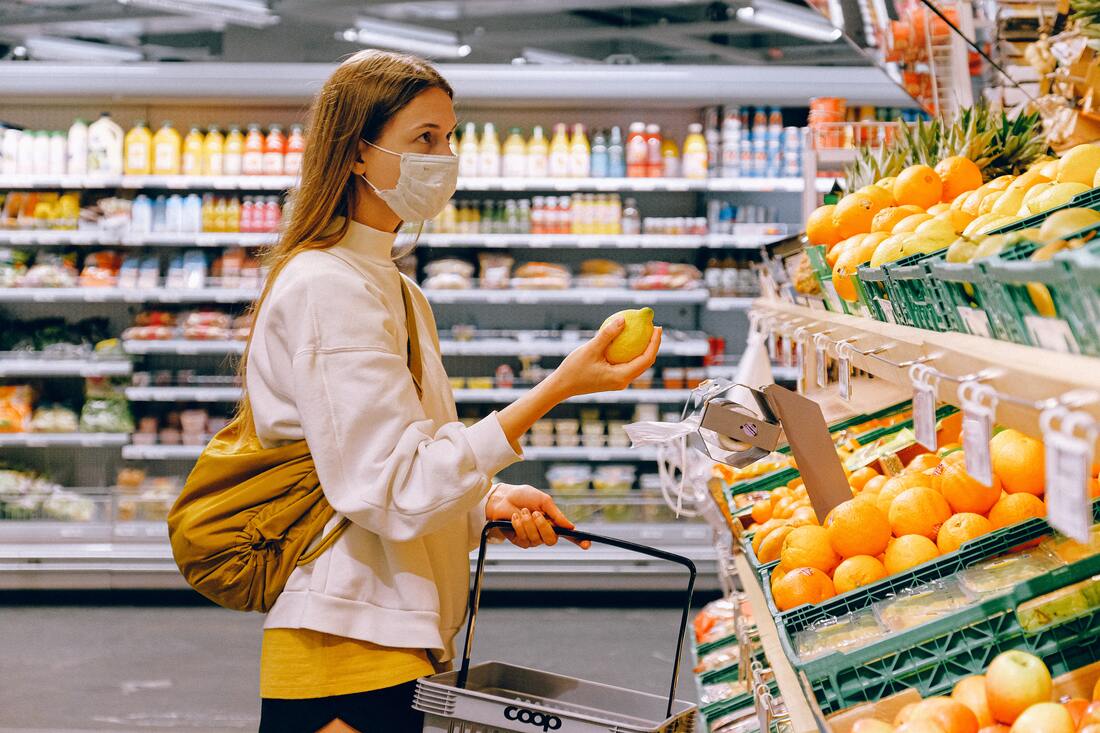|
Online learning has features that adapt to these modern learning preferences, hence its rise in popularity. Here are the top five benefits of e-learning.
1. Online learning saves time and money. With online learning, your students can access content anywhere, anytime. They do not need to take time off from work to attend classes. E-learning is also profitable; Companies save a considerable amount on the travel and accommodation costs of students and instructors, as well as venue and materials. No printing also helps reduce your carbon footprint. 2. Online learning leads to better retention. Modern students prefer small, interactive content. They would rather watch a video or listen to a podcast than read the pages of a manual. E-learning tools allow learning designers to make content interactive. The more attractive the content, the better students will remember the information. If they like to learn, they can remember and apply the concepts at work. 3. E-learning is consistent. In face-to-face sessions, each instructor has her own teaching method. Each varies in focus and style and is susceptible to error. You can eliminate these problems with e-learning. Online learning provides consistent and standardized training at all times. Each student goes through the same experience regardless of when and where they take the course. 4. E-learning is scalable. Online learning is scalable. You can extend it to the number of employees you need and it is a unique investment. The more students take the course, the faster you can cancel the expense. 5. E-learning offers personalization. Each student has unique learning goals and preferences. E-learning makes it possible to meet individual needs. It allows students to choose their learning path and navigate at their own pace. When they decide what to learn and when, they stay invested in the course. Mario Contreras P. Networking Club Training Industry Font
0 Comments
"We found this article interesting from the Italian newspaper Corriere Della Serra and wanted to translate it to share in Spanish, English and Swedish."
What to do and what not to do to avoid contagion. Cards, ATMs and mobile phones. What to disinfect and what not. How to use the trolleys in Covid-19 time Grocery shopping can never be more stressful and anxious than ever. Here then is a small handbook that can be useful for going to our reference supermarket safely. The list is the result of the contribution of Franca Braga, Nutrition and Health Manager of high consume, of Francesco Donato, full professor of Hygiene, Epidemiology and Public Health at the University of Brescia and of the other experts we have heard in recent days . 1. Use (or not) gloves or masks We can leave the house without one or the other (many supermarkets have equipped themselves to offer customers disposable gloves and antibacterial gel to be used while shopping). The really important thing, however, is to keep the safety distance from other customers by at least one meter and never touch your mouth, nose or eyes while circulating among the shelves. 2. Taking your shoes off (and washing your hands) It is essential, when you return home, to wash your hands with warm water and detergent before putting the groceries in order and even after putting them in order. In the same way it is important to take off your shoes before entering your apartment and leave them outside (or on the balcony) so as not to contaminate the surface that we walk on every day. 3. How to use trolleys and baskets The New York Times has fished a 2012 study that shows that the trolley handle contains more bacteria than most public toilets ( here is the detail of the research carried out on 85 shopping trolleys in Iowa, California, Oregon and Georgia ). For this reason, he recommends cleaning it before making purchases and possibly even later, out of kindness to those who will use it later. However, we must remember that the viral load, on the surfaces, falls enormously in a short time. And here too, rather than turning with the bottle of alcohol, it is important to wash your hands very well immediately after shopping, or to clean yourself with an antibacterial gel before getting into the car. 4. When you need to wash fruit and vegetables The apples or courgettes we take may have been touched by someone else who didn't have gloves or a mask. Not to mention the fact that we do not know who packaged what is already sold inside the boxes. It's not the end of the world. Coronavirus is not carried by food, there is no scientific evidence on the matter. So it is sufficient, in the case of the vegetables that we will eat raw that evening, to have the foresight to wash it well and, perhaps, to leave it to soak in the water with a teaspoon of baking soda (but this is a common sense rule to always apply ). The other can be safely stored in the fridge. 5. There is no need to disinfect detergents and bottles. We do not have to worry about disinfecting every pack of laundry detergent or every bottle of milk when we return home. Once again, experts insist that Covid-19 has a very strong human-to-human transmission, there are no documented cases of contagion through objects. The most important thing we can do to protect ourselves when we are at the supermarket is, really, to stay away from others and not talk to anyone: in this way we do not risk the droplet effect, the fall of potentially contaminating saliva droplets. 6. Don't forget the shopping list It is very important to do it before going out. It serves not to waste time and to be fast. You can even fill in one in which the items to be purchased are marked "in order of appearance" in the path of our supermarket. Going fast helps other people to queue less and, above all, to stay in the supermarket as quickly as possible. 7. You have to be flexible (and think about alternatives). If there is no meat we have been craving, we can take another type of food with animal protein. You have to be elastic. It also applies to the household products we are used to. Flexibility and adaptation will be our best allies. 8. Going out for shopping once a week We remind you once again: you have to go out to shop only once a week, to expose yourself (and expose others) to a lesser chance of risking coronavirus infection. You can dilute your shopping by taking advantage of the neighborhood shops and ordering everything that is bulky and not perishable on the online sites: it takes more time for delivery and a lot of patience in front of the computer, but it will solve a lot of problems. 9. ATM, credit card and mobile phone: what to disinfect If you can, it is better to pay with a contactless card, which is sufficient to approach the cashier pos without even touching it. After that, you don't need to disinfect it when you return home. While it is important to disinfect the phone if we took it out to make or receive a call or to send a message. 10. Kindness: it is never too much We are under stress and, with or without a mask, a smile to a stranger can be a message of solidarity, without speaking. Most of all, however, we must smile, and possibly thank, the orders and clerks we meet at the checkout. They are working for us, exposing themselves every day to an enormously higher risk of contagion than us, who perhaps went out only to do the shopping. Thanking them will not change their life, but maybe it will gratify them for a moment and make them understand that we know how precious their service is. Mario Contreras P. Club Networking Agencia Digital Marketing Pyme Traducción Fuente Corriere Della Serra (If there are translation errors tell us and we will correct it) |
Archives
October 2021
Categories |


